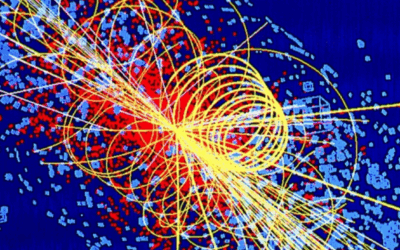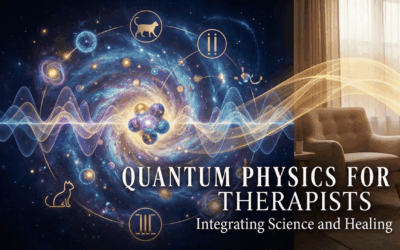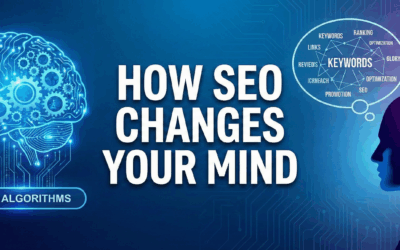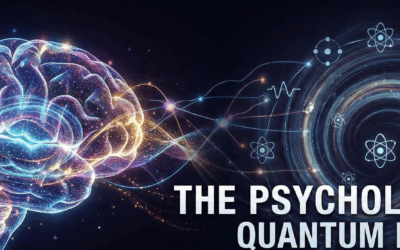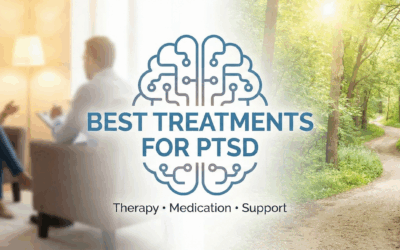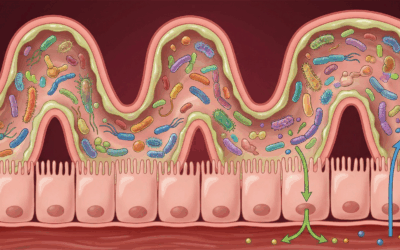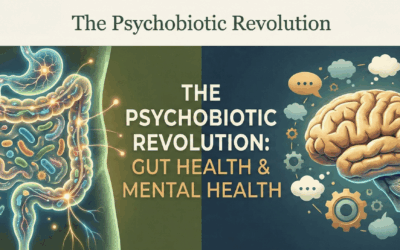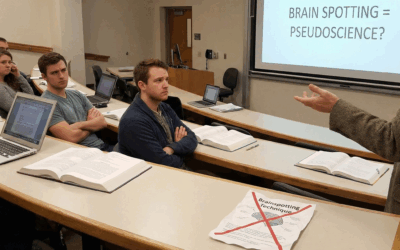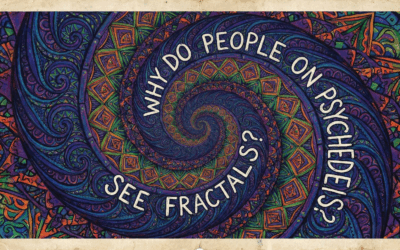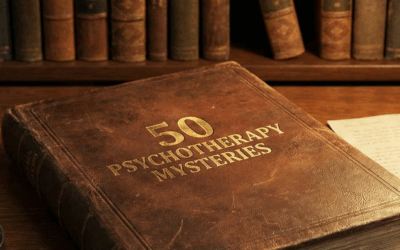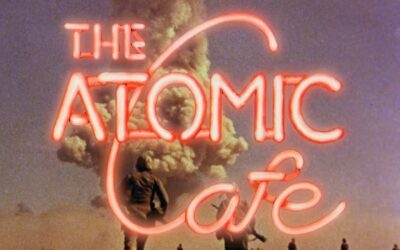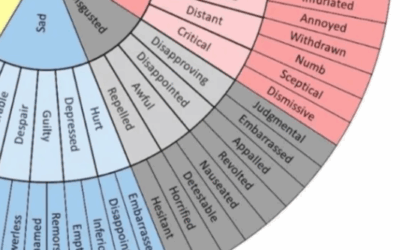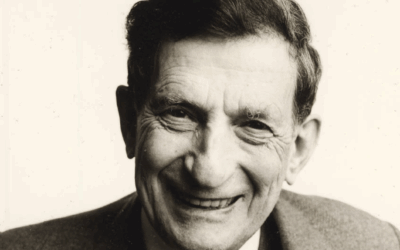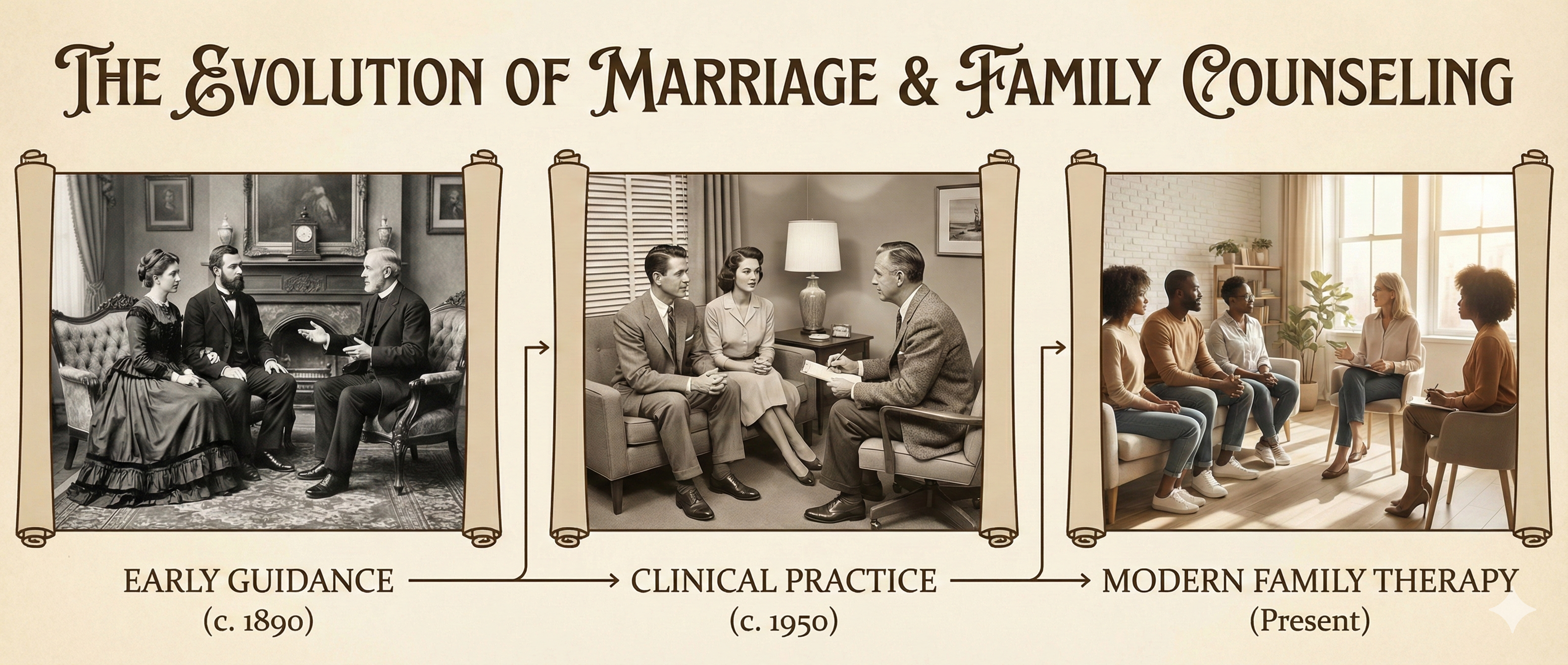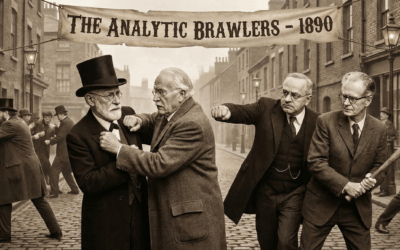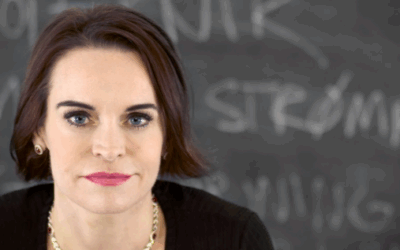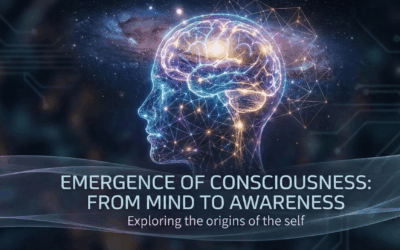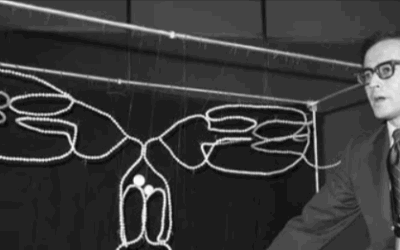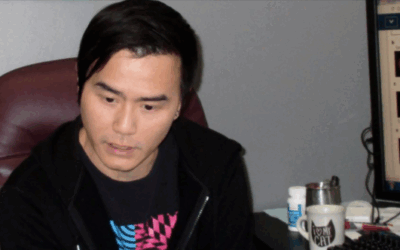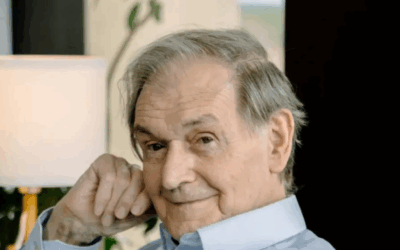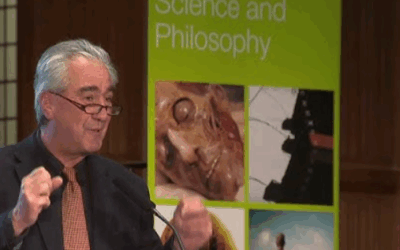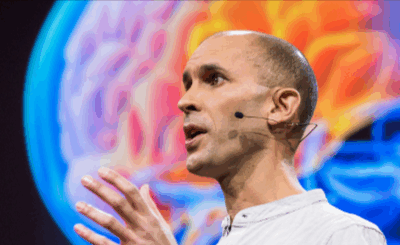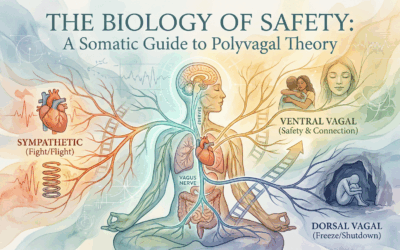You need routine to function. You also can't stick to a routine to save your life. You crave deep connection. You also find social interaction exhausting. You hyperfocus intensely on things that interest you. You also can't sustain attention on anything that doesn't...
therapist near me
Expert-Led Insights on Trauma, Depth Psychology, and Healing
Welcome to the Taproot Therapy Collective Blog, your deep-dive space into trauma-informed therapy, depth psychology, and the cultural forces shaping mental health today. Our goal is to be a trusted, authoritative resource for individuals and professionals seeking to understand the complex links between the psyche, the body, and society.
Authored by Licensed Clinical Experts
As a YMYL (Your Money, Your Life) resource, we prioritize E-E-A-T (Experience, Expertise, Authoritativeness, and Trustworthiness). Every article is authored and clinically reviewed by our team of licensed therapists in Birmingham, Alabama. Our writers share their firsthand clinical experience and deep expertise in fields ranging from Jungian insights and somatic healing to cutting-edge, evidence-based modalities.
Explore Our Core Topics
Our blog explores the forefront of mental health, including:
- Evidence-Based Modalities: In-depth guides on EMDR (Eye Movement Desensitization and Reprocessing)—a practice standardized by organizations like EMDRIA—and advanced neuromodulation techniques.
- Depth & Somatic Psychology: Investigations into dream analysis through a Jungian lens, shadow work, and how somatic trauma mapping helps track pain that lives inside the body.
- Integrative & Cultural Topics: Discussions on the role of micro-nutrition, media psychology, and critical issues like the weaponization of collective trauma in our digital era.
A Resource for Our Alabama Community and Beyond
While our insights are relevant globally, we are rooted in the Birmingham community. We regularly share resources for therapists and mental health seekers in Alabama. Our writing bridges clinical depth with cultural relevance, designed to help you find articles that resonate and cultivate new possibilities for growth, resilience, and meaningful connection.
Search the Blog by Category
What Are Glimmers? The Polyvagal Key to Nervous System Healing
You know your triggers. Most of us do. The sharp tone of voice that makes your stomach clench. The email notification that spikes your heart rate. The family gathering that leaves you exhausted for days. But do you know your glimmers? If you've spent any time in...
Is Bed Rotting Self-Care or a Trauma Response? A Somatic Therapist’s Guide
Is bed rotting self-care or shutdown? Learn the nervous system science behind this trend and how somatic therapy helps restore genuine rest and regulation.
Are You in Functional Freeze? The Hidden Signs of High-Functioning Trauma
Why you're exhausted but still working—and what your nervous system is trying to tell you You're getting the work done. The laundry gets folded. The emails get answered. The kids get fed. From the outside, everything looks fine—maybe even impressive. But something...
Quantum Physics and the Consulting Room: When Science Confirms What Therapists Have Always Known
On the strange convergence between cutting-edge physics and ancient healing wisdom, and why the collapse of a wavefunction might be the best model we have for the moment a client finally changes. There is an old joke in clinical circles that when psychotherapy is...
The Algorithmic Mirror: How Google Became the Invisible Architect of What We Know
On the hidden physics governing digital reality, the economics of visibility, and why a psychotherapy blog in Birmingham had to learn the language of machines to fund human healing. There is a moment in Adam Curtis's documentary HyperNormalisation when he describes...
The Invisible Hand: How the Greatest Scientific Discoveries Emerged from Intuition, Not Equations
What Einstein's elevator, Kekulé's snake dream, and Oppenheimer's abyss reveal about the primacy of subjective knowing, and why it matters for how we understand healing. There is a cultural artifact we all carry in our minds: the image of the genius physicist standing...
The Evolving Science of Trauma Treatment: What 2025 Research Tells Us About What Actually Works
From exposure therapy's limitations to the somatic revolution, from EMDR's established efficacy to Brainspotting's emerging promise, and why the future of trauma treatment lies in matching the therapy to the brain. The field of trauma treatment is undergoing a...
Why We Recommend Hardy Nutritionals: A Clinical Perspective on the Research That Changed How We Think About Treatment Resistance
Why Taproot Therapy Collective recommends Hardy Nutritionals Daily Essential Nutrients for treatment-resistant mood disorders, ADHD, and emotional dysregulation. Discovered not through advertising but through patients whose bipolar disorder and other conditions finally responded. Over 40 peer-reviewed studies support the NutraTek chelation technology. Use code TAPROOT at gethardy.com for 15% off for life.
The Second Brain Revolution: How Gut Science Is Rewriting Psychiatric Medicine
This 2025 strategic report details the shift from theoretical gut-brain models to clinical applications, analyzing the indole-SK2 channel mechanism in anxiety and the efficacy of oral FMT capsules for refractory depression. It evaluates the diagnostic potential of the gut mycobiome and profiles the pharmaceutical pipelines of key industry players like Kallyope and Bloom Science.
The Metabolic Mind: A 2025 Clinical Update on Nutritional Psychiatry
A 2025 clinical update on nutritional psychiatry for psychotherapists. Explore the latest research on psychobiotics, vitamin D, magnesium, zinc, omega-3s, amino acid therapies, and herbal interventions—including new safety warnings on ashwagandha and evidence that saffron matches SSRI efficacy for mild depression.
The Psychobiotic Revolution: Why the Future of Mental Health Begins in the Gut
This 2025–2035 forecast explores the commercial future of gut-brain therapeutics, detailing the evolutionary biology of the microbiome, the role of neuropod cells in sugar sensing, and the rise of precision synbiotics and metabolic psychiatry led by companies like Kallyope and Bloom Science.
The Ground Truth Revolution: Why Academic Psychology Resists the Fastest-Growing Trauma Therapy in the World
An investigation into why psychological academia remains hostile to Brainspotting despite explosive clinical adoption. From epistemological gatekeeping to the economics of research funding, discover what the resistance reveals about the crisis in mental health science.
The Geometric Mind: Why We See Fractals, Spirals, and Sacred Geometry During Altered States of Consciousness
A deep exploration of why humans see complex geometric patterns during psychedelic experiences, meditation, and migraine auras. From neuroscience to Jungian archetypes, discover what these universal visions reveal about the architecture of consciousness itself.
The Fifty Unsolved Mysteries of Being Human: What Science Still Cannot Explain About Your Mind and Body
Explore 50 fascinating unsolved mysteries of human psychology and biology—from why we dream and cry emotional tears to the uncanny valley and déjà vu. Discover competing scientific theories and the mysterious unknowns that still puzzle researchers.
When the State Became the Patient: A Clinical Examination of America’s Most Radical Psychological Experiments
An exploration of the dark laboratories where psychology, paranoia, and national security collided—and what these forgotten experiments reveal about the ethics of the therapeutic profession. The Fever Dream of Cold War Psychology For those of us who practice...
Fractal Fluency: Why Your Nervous System Hates Minimalism
Discover fractal fluency—the neuroscience of why natural patterns calm the brain while minimalist architecture stresses it. Learn how to create a “visual diet” for trauma recovery by designing environments with the right fractal dimension (D=1.3-1.5) to passively regulate the nervous system.
Life Is a Line, Not a Point: Tim Ingold and the Anthropology of Wayfaring
How an anthropologist's radical theory of lines, meshworks, and making can transform how we understand healing, resistance, and the craft of becoming ourselves. The Tyranny of Destinations Consider how we typically narrate a life: born in 1985, graduated college in...
The Anthropology of Feeling Dirty: Mary Douglas, OCD, and the Purification of the Self
Why trauma survivors feel "stained" even when nothing physical happened—and how ritual can restore the symbolic order of the self. The Sensation That Won't Wash Away She scrubs her hands until they're raw. She's been doing it for months now, ever since the assault....
The Secret Life of Others: How Object-Oriented Ontology Can Heal Narcissism and Transform Relationships
A radical philosophical framework for understanding why we can never fully "know" another person—and why that's actually the foundation of real intimacy. The Delusion of Knowing Consider the client who says: "I don't understand why my partner is upset. I know exactly...
Love in the Uncanny Valley—The Psychology of AI Companionship
The New Relational Landscape Something unprecedented is happening in human relationships. Millions of people are now forming emotional bonds with artificial intelligence. Apps like Replika offer AI companions that remember your conversations, adapt to your...
David Bohm: The Physicist Who Saw Mind in Matter
The Heretic of Copenhagen David Bohm (1917-1992) committed what many physicists considered an unforgivable sin: he took quantum mechanics seriously as a description of reality, not just a calculation tool. While the Copenhagen interpretation (Bohr, Heisenberg)...
The 2026 State of SEO for Mental Health: Navigating the Convergence of Digital Integrity and Algorithmic Safety
What clinicians need to know about the biggest algorithm shift in a decade—and why your website may be invisible to the people who need you most. The Ground Has Shifted If you're a therapist in private practice, you've probably noticed something troubling: your...
A short History Of All Types of Family Therapy
A comprehensive analysis of family systems therapy models from Bowen to Narrative, including clinical applications, techniques, evidence base, and modern integrative approaches for conduct disorders, eating disorders, and trauma.
The Anatomy of Schism: A Comprehensive Historical Analysis of the Fifteen Greatest Feuds in Psychotherapy
An exhaustive analysis of the 15 biggest historical feuds in psychotherapy, from Freud vs. Jung to the modern Somatic vs. CBT wars. Explore the theories, the fights, and the modern verdicts.
Neurology’s Biggest Feuds: A Historiography of Fracture in Neurology and Consciousness Studies
An exhaustive 15,000-word analysis of the history of neuroscience’s biggest feuds, from the Neuron Doctrine and the “Soup vs. Sparks” debate to modern conflicts over quantum consciousness and the “Jennifer Aniston” neuron. Covers Gazzaniga, Blake, Neumann, and the structural assumptions defining the field.
Psychotherapy’s Greatest Feuds: A Critical History of the Great Schisms in Psychotherapy
The history of psychotherapy isn't a clean scientific progression. It's a bloodbath. Fifteen feuds that shaped everything you do in the therapy room—and the verdict on who was actually right. The Dialectic of the Cure The history of psychotherapy reads less like a...
Emerging Frontiers in Psychiatric Therapeutics: A Systems Biology Approach to Treatment-Resistant Depression
Emerging Frontiers in Depression Treatment: A Systems Biology Approach Description: A comprehensive review for therapists on emerging treatments for Treatment-Resistant Depression including Stellate Ganglion Block, Deep Brain Reorienting, Vagus Nerve Stimulation, and Psychobiotics.
The End of the Monoamine Era of Depression Treatment
The Paradigm Shift from Monoamines to Systems Biology Obsessive Compulsive Disorder has long been conceptualized through the lens of the Serotonin Hypothesis which is a framework that has dominated psychiatric discourse for over three decades. The standard of care...
The Physiological Turn in Trauma Treatment: Beyond the Prefrontal Cortex
The Physiological Turn: Emerging Bottom-Up Treatments for PTSD Description: A deep dive for therapists into the neuroscience of emerging PTSD treatments including Stellate Ganglion Block
Maria Strømme and the Physics of Universal Consciousness: A New Framework for Understanding Mind
In November 2025, something unexpected emerged from Uppsala University in Sweden. Not from the philosophy department or the neuroscience labs, but from the Division of Nanotechnology and Functional Materials. Maria Strømme—one of the most cited materials scientists in...
Insights into Therapy Through Quantum Neuroscience
Something extraordinary is happening in consciousness research right now. After decades of incremental progress and philosophical stalemate, 2025—designated by the United Nations as the International Year of Quantum Science and Technology—has delivered a cascade of...
The Metamorphosis of the Sufferer: From Neurotic Soul to Digital User
From “neurotic soul” to “digital user”: How insurance companies, Big Pharma, and Silicon Valley systematically dismantled the depth of psychotherapy—and why the BetterHelp scandal was just the beginning. A critical history for therapists who refuse to become technicians.
The Neuroscience of Disassociation
The unitary nature of consciousness is the most persistent intuition of human experience. We feel like a single protagonist in a continuous narrative. Yet, for the trauma survivor, this intuition is often a lie. As therapists, we are often the first to witness the...
Who Is Gerald Edelman?
Discover Nobel Laureate Gerald Edelman’s Neural Darwinism, a revolutionary theory applying evolutionary principles to the brain’s development and consciousness.
Who Is Johnjoe McFadden?
Explore Johnjoe McFadden’s CEMI field theory, which proposes that consciousness arises from the brain’s electromagnetic field, solving the binding problem and explaining free will.
Who Is Michael Graziano?
The Neuroscientist Who Proposed That Consciousness Is the Brain’s Model of Its Own Attention By The Clinical Team at GetTherapyBirmingham.com You know exactly where your arm is right now, even with your eyes closed. This automatic knowledge comes from what...
Who Is Hakwan Lau?
Explore Hakwan Lau’s Perceptual Reality Monitoring theory, which explains consciousness as the brain’s mechanism for distinguishing reality from noise, and its implications for treating anxiety.
Who Is Giulio Tononi?
Discover Giulio Tononi’s Integrated Information Theory, which quantifies consciousness as integration and offers new perspectives on treating trauma and dissociation.
Who Is Roger Penrose?
Explore Roger Penrose’s revolutionary Orch OR theory of consciousness, linking quantum physics to the mind and offering new perspectives on trauma therapy.
Who Is David Rosenthal?
The Philosopher Who Argued You Are Only Conscious of What You Think You Are Conscious Of What makes a mental state conscious rather than unconscious? This question, which has puzzled philosophers and scientists for centuries, received a provocative answer from David...
Who Is Anil Seth?
The Neuroscientist Who Showed That Reality Is a Controlled Hallucination Your brain is not a passive receiver of information from the world. It is a prediction machine, constantly generating guesses about what is out there and updating those guesses based on sensory...
Who Is Victor Lamme?
The Neuroscientist Who Found Consciousness in the Feedback Loops of the Brain When you look at a face, what happens in your brain? The answer turns out to be surprisingly complex. First, visual information streams forward from your eyes through your visual cortex,...
Who Is Stanislas Dehaene? The Neuroscientist Who Discovered How Consciousness Ignites in the Brain
Explore the work of Stanislas Dehaene and his Global Neuronal Workspace Theory, revealing how brain networks ignite consciousness and why this matters for trauma treatment.
Who Is Bernard Baars? The Cognitive Scientist Who Put Consciousness Center Stage
Why Understanding the Architecture of Mind Matters for Therapy Before we explore the life and revolutionary work of Bernard Baars, we need to understand why his ideas matter so profoundly for anyone working in the healing professions. Baars did not merely propose a...
Who Is Stuart Hameroff? The Anesthesiologist Who Looked Inside Neurons and Found Consciousness
Every day, anesthesiologists perform a kind of magic. They administer drugs that make consciousness disappear. One moment a patient is awake, aware, experiencing the world. The next moment, they are gone, somewhere beyond dreaming, beyond memory, beyond experience...
The Architecture of Consciousness: Ten Scientific Theories of What Makes You Conscious
The Question That Won't Go Away You are reading these words right now. Light is hitting your retina, signals are traveling through your optic nerve, neurons are firing in cascading patterns across your brain. But somewhere in that process, something else is happening....
The Storyteller and the Navigator: Who is Really Driving Your Mind?
Who is really in control of your mind? Neuroscientist Karl Friston’s prediction machine meets Michael Gazzaniga’s storytelling interpreter in this deep exploration of consciousness, free will, and why your brain acts before you decide. Learn how Jungian psychology and the basal ganglia’s Believer-Skeptic model explain intuition, trauma responses, and the path to psychological integration.
The Architecture of the Unconscious: How Spatial Design Shapes the Psyche
An in-depth guide to Neuro-architecture and Depth Psychology. Explore how spatial design, from Jung’s Bollingen Tower to modern therapy offices, shapes the unconscious mind.
The Biology of Safety: A Somatic Guide to Polyvagal Theory
A clinical guide to Polyvagal Theory for trauma recovery. Learn how the Vagus Nerve regulates anxiety, freeze responses, and safety in somatic therapy.
Explore the Articles by Categories on Our Blog
Blog Categories
Psychology Topics and Articles
A comprehensive exploration of psychology topics spanning the breadth of human experience, from fundamental concepts like memory and emotion to specialized areas like forensic psychology and environmental mental health.
Psychology Articles
Explore the fascinating world of psychology, from depth psychology and symbolism to cognitive, social, and developmental theories. Uncover the mysteries of the human mind and behavior.
Depth Psychology & Jungian Approaches
Jungian Therapy and Depth Psychology
Explore Jungian concepts such as archetypes, the collective unconscious, and individuation. Learn how dream analysis and symbolism facilitate self-awareness and personal growth through the insights of Carl Jung.
Dreams and the Unconscious
Explore the significance of dreams in depth psychology, from Freud’s dream interpretation to Jungian archetypes. Learn how dreams provide insights into the unconscious mind, personal growth, and trauma healing.
Symbolism and Meaning in Psychotherapy
Uncover the profound language of symbolism and meaning-making in the human psyche. Explore universal archetypes, myths, and metaphors through depth psychology and the symbolic dimensions of trauma.
Mythology and Therapy
Journey into the captivating world of classical mythology, focusing on the rich traditions of ancient Greece and Rome. Explore how myths offer profound insights into the human condition and universal themes.
Evidence-Based Practice & Research
Evidence Based Practice and Research Psychology
Explores the frontier of evidence-based practice in psychotherapy, taking a fresh look at the scientific foundations of mental health treatment through the integrative lenses of depth psychology and trauma neurology.
Evidence Based Practice in Therapy
Examines the complex landscape of research-informed therapy while critically evaluating the limitations, biases, and cultural considerations that shape how we apply research findings to real-world clinical practice.
Philosophy & Existential Approaches
Philosophy for Therapists
Explore existentialism, metaphysics, ethics, and the philosophy of mind. Discover insights from renowned thinkers and engage in thought-provoking discussions.
Phenomenology and Existential Psychology
Explore phenomenological and existential approaches to understanding human experience and psychological healing, focusing on lived experience, authenticity, freedom, and meaning-making.
Metamodernism and Deconstruction
Examine how post-postmodern frameworks illuminate contemporary mental health challenges including cultural displacement, narrative fragmentation, authenticity struggles, and the oscillation between hope and despair.
Psychology of Modernism Post Modernism and the Meta Modern
Explore the psychological dimensions of cultural paradigms and their impact on identity, meaning-making, and therapeutic practice.
Neuroscience & Brain-Based Approaches
Neuroscience and the Brain for Therapists
Delve into the intricate relationship between brain function, trauma, and mental health treatment. Discover insights into innovative therapeutic approaches, neuroplasticity, and the role of emotions in healing.
Media & Culture Psychology
Psychology of Film and TV
Explore the hidden dimensions of film and TV through the lenses of depth psychology and trauma neurology. Discover how the moving image reflects and shapes the psyche, both individually and collectively.
Psychology of Media and Culture
Explore the profound psychological and symbolic impact of media and culture on our individual and collective psyche. Uncover the hidden meanings and archetypal themes woven into the fabric of our cultural landscape.
Specialized Psychology Fields
Industrial Organisational Psychology
Explore Industrial-Organizational Psychology, focusing on workplace performance, employee well-being, leadership development, and organizational culture.
Psychology of Buildings and Architecture
Explore the psychology of design and architecture, from the emotional impact of spaces to human-centered design. Learn how architecture influences mental health, well-being, and behavior.
Color Psychology
Explore how colors influence psychological experience, from the neurological mechanisms behind color perception to practical applications in therapeutic environments and creative healing approaches.
Psychology of History
Explore the symbolic significance and psychological undercurrents of historical events through the lens of depth psychology, symbolism, and design psychology.
Psychology of Conspiracy Theories
Examine the psychological dynamics behind conspiracy thinking, critical thinking, and the appeal of alternative narratives in contemporary culture.
Anthropology & Cross-Cultural Psychology
Anthropology and Evolutionary Psychology for Therapy
Embark on a fascinating journey into the deep history of the human psyche, exploring how anthropology and evolutionary psychology shed light on ancient origins of modern minds, behaviors, and cultures.
Spiritual & Religious Approaches
Christian Mysticism in Therapy
Discover the transformative power of Christian mysticism and contemplative spirituality, exploring how practices like centering prayer and lectio divina can heal trauma and facilitate encounters with the deep Self.
Spirituality and The Transcendent Function in Psychotherapy
Explore the intersection of spirituality and depth psychology to uncover the role of spiritual practices in trauma healing, consciousness, and personal transformation.
Comparative Religion for Therapy
Discover the universal quest for meaning, transcendence, and healing across spiritual traditions, exploring key practices and insights from world religions through depth psychology and trauma neurology.
Psychology of Mystics, Gurus, and Spiritual Philosophers
Examine the psychological dimensions of mystical experience and spiritual teaching across various traditions and historical periods.
Specialized Treatment & High-Control Groups
Cults and High Control Group Psychology
Explore the shadowy psychodynamics of coercive control, from cults to abusive relationships. Learn to recognize red flags of undue influence and support recovery processes.
History & Biographical Studies
History of Psychotherapy
Trace the evolution of psychotherapy through the lens of depth psychology and symbolism, from Freudian psychoanalysis to contemporary approaches.
Psychotherapy Biographies: Historical Figures in the History of Psychology
Explore the lives and contributions of influential figures who shaped the field of psychology and psychotherapy.
Models of Psychotherapy
Explore depth psychology, CBT, humanistic therapies, and more. Discover how various therapeutic approaches promote healing and personal growth.
Holistic & Alternative Approaches
Alternative Medicine and Holistic Health
Discover a deeper approach to health and healing by exploring alternative medicine practices and holistic wellbeing through the lenses of depth psychology and trauma neurology.
Guided Meditations for Therapy
Comprehensive collection of guided meditations designed to support mental health, emotional regulation, and spiritual well-being.
Hardy Micronutrition is clinically proven to IMPROVE FOCUS and reduce the effects of autism, anxiety, ADHD, and depression in adults and children without drugs — Watch Interview With Hardy • Visit GetHardy.com and use offer code TAPROOT for 15% off

